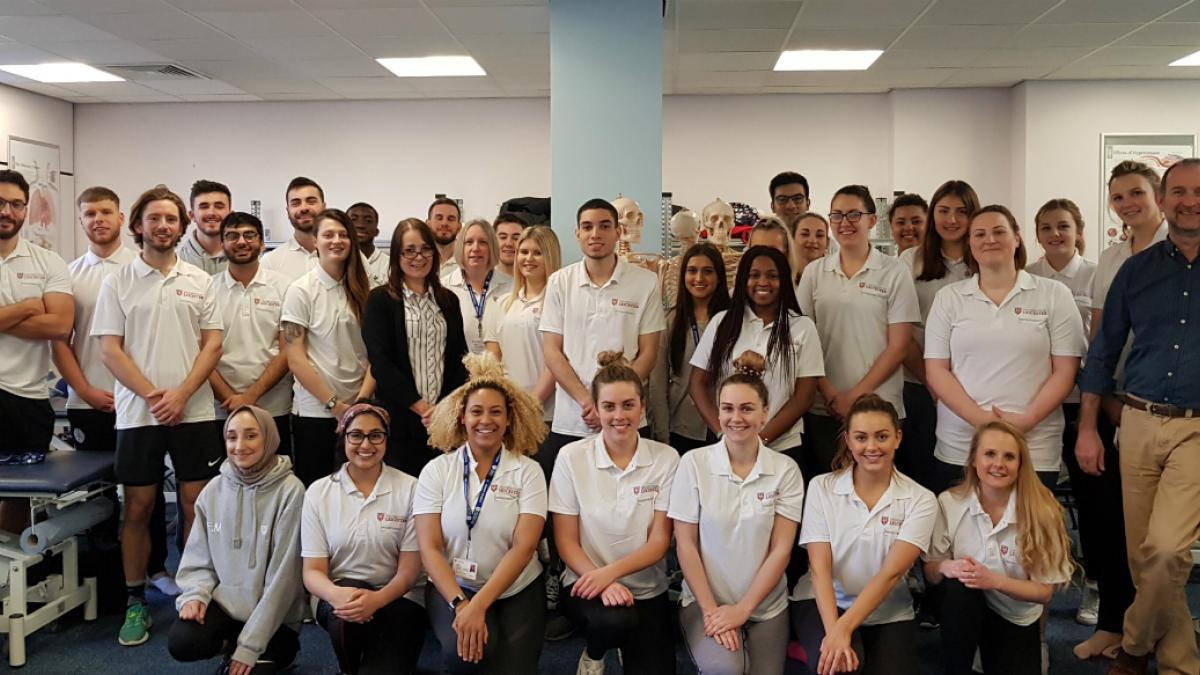Two universities have adopted innovative programmes to boost the mental health knowledge of physiotherapy undergraduates.

Leicester University has introduced a mental health support programme which teaches students how to look after their own wellbeing and how to support patients with acute or long-term mental illness.
The course has been adapted from the Essence of Health programme run by mindfulness guru Craig Hassed of Monash University in Australia.
Leicester physiotherapy lecturer Nicola Clague-Baker said that over five weeks students learn different aspects of health and wellbeing. This included sessions in mindfulness, diet, exercise, social connectivity and environment.
Coping mechanisms
The aim was to ‘train students in coping mechanisms they can use throughout their careers,’ she said.
In addition to Dr Hassed’s model, the Leicester programme includes ‘first aid’ training in mental health ‘to give students confidence in supporting someone in a crisis’, Ms Clague-Baker added.
‘We have long recognised the need to do more on the psycho-social aspects of training because as a profession we generally spend much time with patients and develop connections with them.
‘While we learn support skills as we go along, these are not taught formally. We felt these skills need to be learned from the beginning before students go out on placements.’
Time for Dementia
Meanwhile, physiotherapy undergraduates at the University of Brighton are the first allied health professionals in the UK to take part in Time for Dementia. This programme pairs students with families living with dementia.
It started in 2015 at University of Surrey and the Brighton and the Sussex Medical School, with support from the Alzheimer’s Society.
Led by Sube Banerjee, professor of dementia and associate dean at the medical school, it was rolled out to undergraduate physiotherapy and occupational therapy students at the University of Brighton in 2017.
Now a mandatory part of the first and second-year modules, the students undertake three visits a year over two years to gain insights into the impact of dementia on individuals and their families.
‘Normally, most students would only see people with dementia in a crisis,’ said the University of Brighton’s physiotherapy course leader, Patricia Fordham.
Long-term conditions training
‘But this programme gives students a rare longitudinal opportunity to see how patients are coping at home with their families. Students are saying they find this really valuable for their long-term conditions training.’
She added: ‘We will be assessing students’ attitudes before and after the course and whether it is encouraging more physios into dementia care as a speciality.’
CSP student officer Ciara Younge told Frontline: ‘It is great to see such initiatives being built into the training curriculums for students. Such resilience and mental health awareness is not just focused on life post-graduation as there has been a drive in the higher education sector, from both the higher education institutions and the students’ unions, to ensure that student mental wellbeing and social consciousness is a built in feature of their education lifestyle.
‘Such approaches will help to ensure that we will continue to see high level clinicians coming into our workforce with the skills to work with their patients on a more holistic level, and the resilience to work on the frontline. However, it is important to note that that such initiatives are not limited to the practical rooms and curriculums.
Extracurricular activity
‘Students have identified themselves that these are skills that they want to focus on and hone before their graduation. As such there is a myriad of extracurricular activity being run by students, for students. From the individual activists such as those training their classmates to become Dementia Friends, to the ever hard working student societies who run regular events in conjunction with their local mental health charities and activity awareness initiatives for their campus.’
Number of subscribers: 2



































